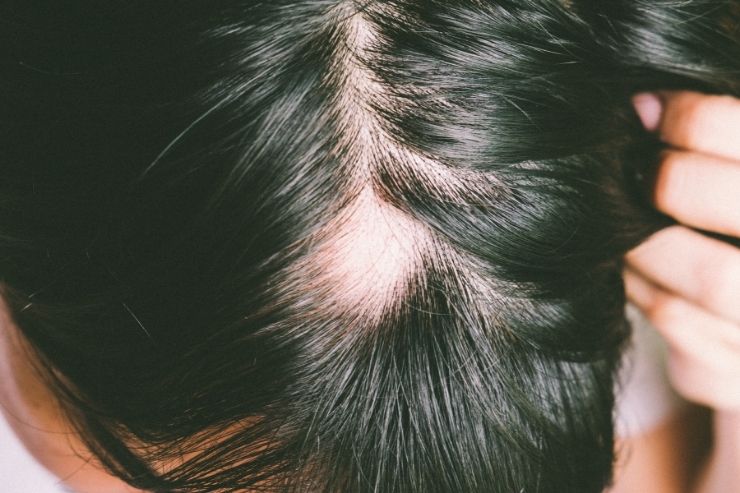
Alopecia, commonly known as hair loss, is a condition that affects millions of people worldwide, leading to partial or complete loss of hair on the scalp or other parts of the body. Hair loss can be distressing and impact self-esteem, but understanding its causes and available treatments can help manage the condition effectively. At PARI HOSPITAL, we offer specialized care for those experiencing hair loss, providing a range of treatments tailored to individual needs.
What Causes Alopecia?
Alopecia can be triggered by various factors, including:
Genetics: The most common cause of hair loss is hereditary, known as androgenetic alopecia or male and female pattern baldness. This type of hair loss occurs gradually and follows predictable patterns.
Hormonal Changes: Conditions such as pregnancy, menopause, thyroid disorders, and hormonal imbalances can lead to temporary or permanent hair loss.
Medical Conditions: Autoimmune diseases like alopecia areata cause the immune system to attack hair follicles, leading to patchy hair loss. Other medical conditions such as lupus, scalp infections, and nutritional deficiencies can also contribute to hair loss.
Medications: Certain drugs used to treat cancer, arthritis, depression, heart problems, and high blood pressure can cause hair loss as a side effect.
Stress and Lifestyle Factors: Physical or emotional stress, poor diet, and unhealthy hair care practices can result in hair thinning and loss.
Types of Alopecia
Alopecia manifests in different forms, each with unique characteristics:
Androgenetic Alopecia: Commonly known as male or female pattern baldness, this type is characterized by gradual hair thinning and receding hairlines in men, and thinning along the crown in women.
Alopecia Areata: An autoimmune condition where the immune system attacks hair follicles, leading to round, smooth patches of hair loss on the scalp or body. In some cases, it can progress to total hair loss on the scalp (alopecia totalis) or the entire body (alopecia universalis).
Telogen Effluvium: A temporary form of hair loss triggered by stress, illness, or major life events. It results in excessive shedding, but hair typically regrows once the underlying cause is addressed.
Traction Alopecia: Caused by continuous pulling or tension on hair, often due to tight hairstyles such as braids, ponytails, or extensions. If left untreated, it can lead to permanent hair loss.
Scarring Alopecia: A rare form where inflammation damages hair follicles, leading to irreversible hair loss. It often presents with redness, scaling, or pustules on the scalp.
Treatment Options for Alopecia
At PARI HOSPITAL, we offer a variety of treatments to address different types of alopecia, aiming to restore hair growth and improve overall hair health:
Medications: Topical treatments like minoxidil and oral medications such as finasteride are commonly prescribed to slow down hair loss and stimulate hair regrowth in androgenetic alopecia.
Platelet-Rich Plasma (PRP) Therapy: This innovative treatment involves injecting a concentration of your own platelets into the scalp to stimulate hair follicles, encouraging hair growth and improving hair thickness.
Hair Transplantation: For those with significant hair loss, surgical hair transplant procedures can be an effective option. Hair follicles are moved from a donor area to the balding or thinning areas of the scalp.
Laser Therapy: Low-level laser therapy (LLLT) uses light energy to stimulate hair follicles and promote hair growth, making it a non-invasive option for treating hair loss.
Lifestyle Changes: Addressing underlying causes such as stress, poor diet, or hormonal imbalances can also play a significant role in managing hair loss. Our specialists provide guidance on healthy hair care practices and lifestyle modifications.
Corticosteroid Injections: For autoimmune-related hair loss like alopecia areata, corticosteroid injections can help reduce inflammation and stimulate hair regrowth in affected areas.